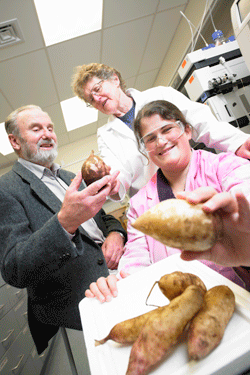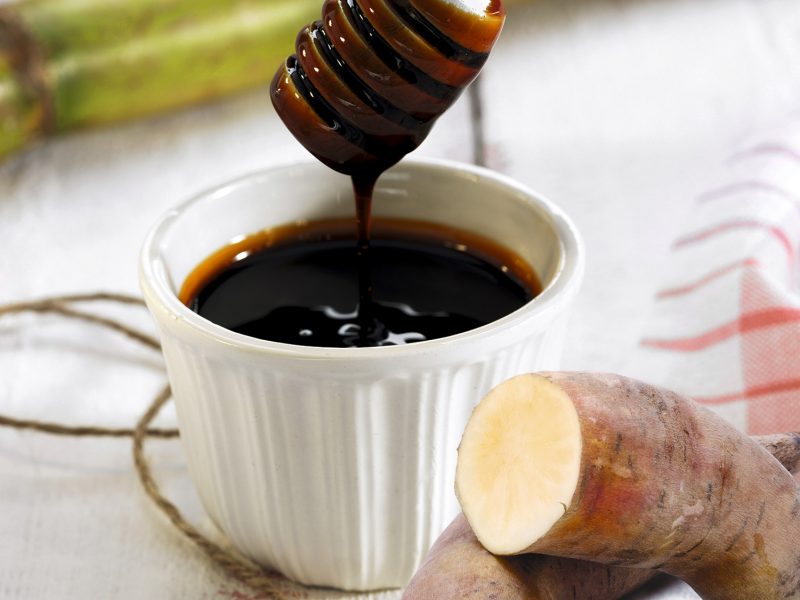
Sugar Tax: Is sugar by any other name, just as sweet?
It’s an immediate source of energy, it keeps the brain running at peak capacity, and it’s the key to keeping the body working as it should… So, why is it that any time the word sugar is mentioned – or even hinted at – is there such a negative response to it, it’s deemed evil, and there’s just a bitter feeling about it overall?
It’s all because of what sugar has become. It has been changed, manipulated and its health properties have been destroyed, which is why it’s one of the worst culprits blamed for leaving people sick and suffering simply because it keeps on going into their mouth.
When good turns evil
Even though sugar, in its purest form, can still be a good addition to a healthy diet – like when it’s contained in whole foods like fruit, for example – its conversion into high fructose corn syrup, it’s inclusion in almost all types of processed food, and the amount of it that we’re eating has had devastating consequences. The toll it has taken on healthcare across the globe is enormous and expensive, and governments have begun putting their foot down.
In the U.K., sugar tax created quite a stir upon its implementation in early 2018. Now, two years later, according to a BBC report, the beneficial effects are being noticed. Not only has this added tax, applied to certain products with over a specified amount of sugar per unit volume, a year on raised a considerable amount of money, a survey of the public opinion has shown that 90% of British people support this initiative to improve the health of food and drinks. The proceeds are going to increasing education around nutrition, and to support healthy breakfast club initiatives.
Sugar tax worldwide hopes to curb the significant rise in number of chronic health issues which are linked to the increased consumption of refined sugar. Manufacturers have taken the effort seriously and have begun offering products with reduced sugar or those with sugar alternatives. Is there, however, other implications on health because of it?
Sugar alternatives: are they as healthy?
The worst:
Agave Nectar. We’re often tricked into thinking this sugar substitute is healthy because it comes from the agave plant. The trouble is, it’s made up of 90% fructose, which in increased amounts leads to weight gain. It’s also very low in the nutrients spectrum and because it’s actually 1.5 times sweeter than sugar, it may not be good for those with a sweet tooth.
Better:
Maple Syrup. When unrefined and made from the sap of the maple tree, this healthy syrup contains over 20 beneficial nutrients that have been shown to have significant health benefits. Watch the sugar content and use it sparingly and it makes a great sugar alternative.
Coconut Sugar. A natural sugar with a low glycaemic index and a small amount of fibre, means it has a lower impact on blood sugar, and makes coconut sugar a popular alternative choice to table sugar. It’s also full of nutrients, and is very widely available. It is still made up of 70-80% sucrose, so use it in moderation.
Honey. In its purest form, honey contains a host of beneficial properties. It’s packed with minerals, vitamins and antioxidants. While it has less impact on your blood sugar than table sugar, it’s still a calorie-rich food, and should be used in moderation.
Best:
Stevia. Many people turn up their nose at stevia as it’s very sweet initially, but may have a bitter aftertaste for some. It’s a true zero-calorie sweetener and has been promoted as a sugar alternative that may even support healthy blood sugar levels and aid in weight management. It has been suggested that if there is an aftertaste in the product you’re using, finding one with a higher concentration of the active steviosides may help.
Sugar Alcohols. Erythritol and xylitol are two of the most common sugar alcohols. They contain no calories and have been shown to be most beneficial for those with blood sugar and insulin imbalanced. Some sugar alcohols may cause digestive upsets and, because they’re not as sweet as sugar, they may be combined with other artificial sugars, so be aware when choosing products that contain sugar alcohols.
Monk Fruit. There are no calories in monk fruit sugar and it has no effect on blood sugar despite being around 200 times sweeter than table sugar. This sweetener is derived from an extract of the monk fruit and is a versatile option as a sugar alternative. It has high antioxidant properties and there is research to support its positive effect on inflammation. Sometimes monk fruit sweeteners are combined with dextrose to reduce the aftertaste some people may have to it, however, not everyone finds it that strange, so give it a try in its most natural form to judge for yourself!
Yacon Syrup. This extract, derived from a plant where the fruit resemble the appearance of a sweet potato, is another great option over table sugar as a sweetener. There’s evidence to suggest it may support healthy blood sugar levels, and even help with healthy weight management and normal insulin sensitivity. Because it contains fructooligosaccharides, it has been suggested to be a beneficial source of food (prebiotic) for gut bacteria. Another healthful application of yacon is the effect it has on digestive transit time. In those who suffer from occasional constipation, research has provided evidence that it can support healthy bowel function.
Don’t be fooled into thinking that sugar tax means manufacturers are simply lowering the sugar content of their foods and making them healthier. You still need to pay attention to what they are replacing the sugar with and you need to ask yourself: are they as harmful as table sugar, or worse?
Now that you know what to use instead, be mindful of your choices when it comes to selecting sweeteners, and use those sugar alternatives that provide some benefit along with satisfying that sweet tooth.








